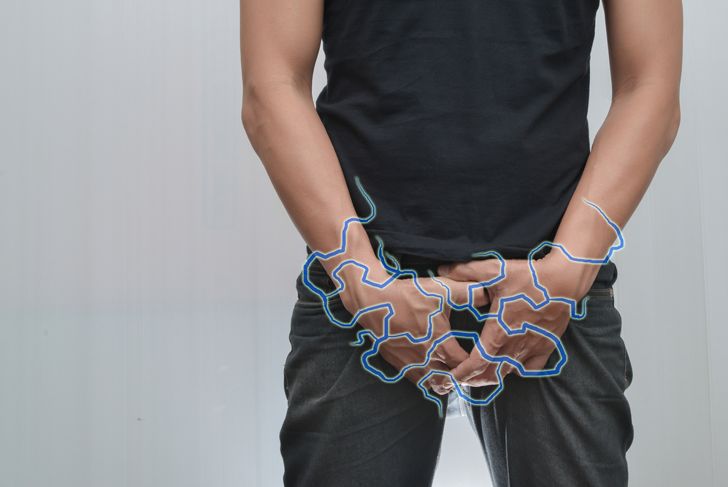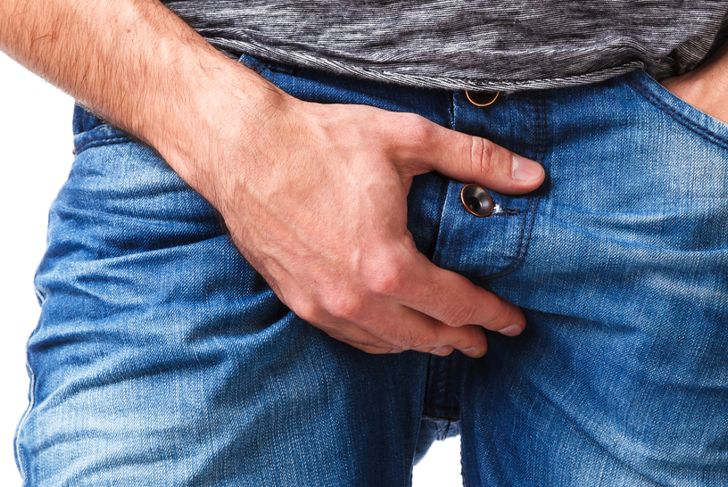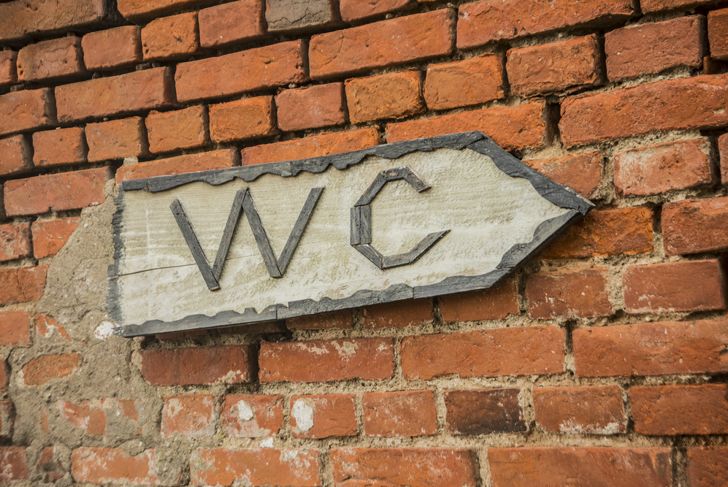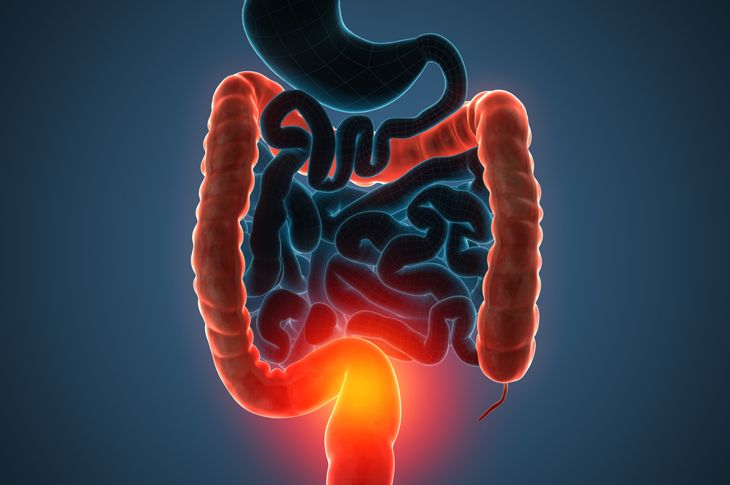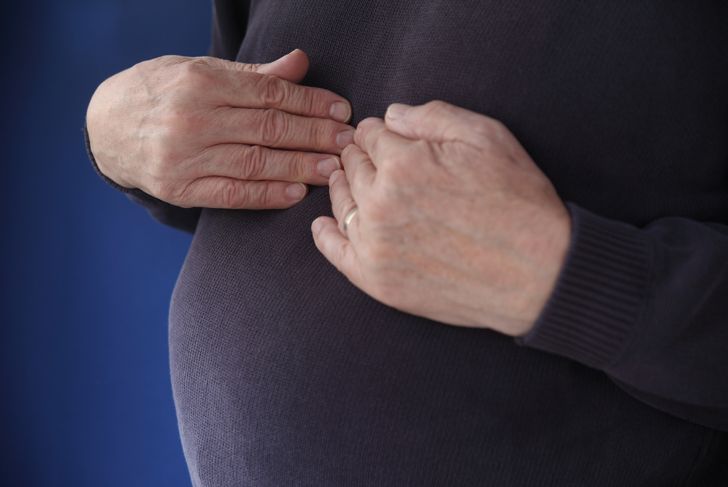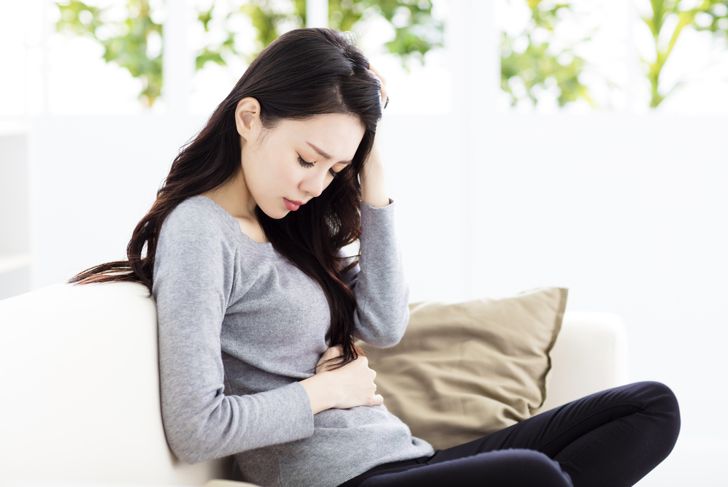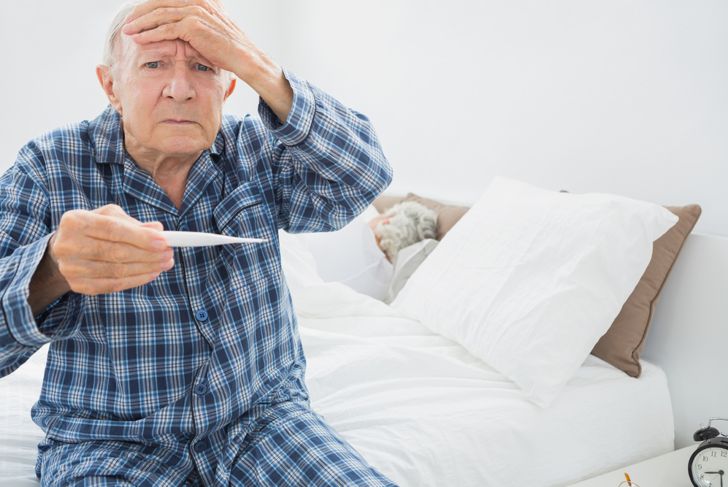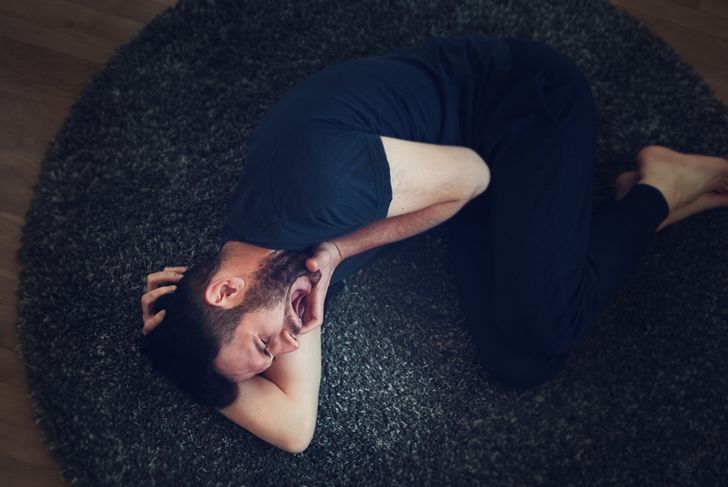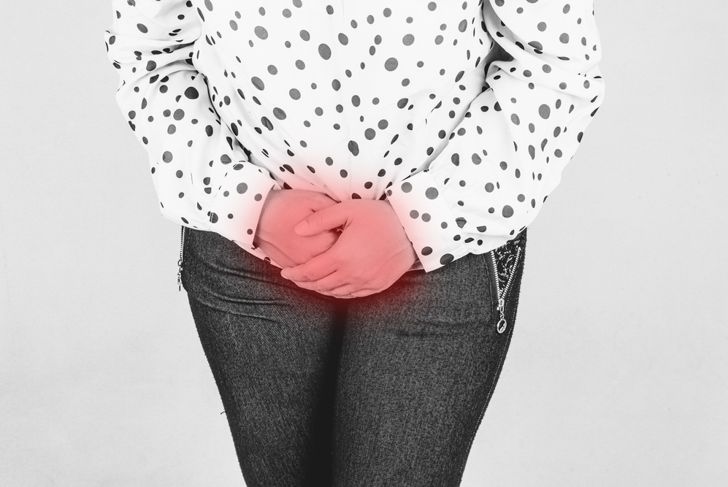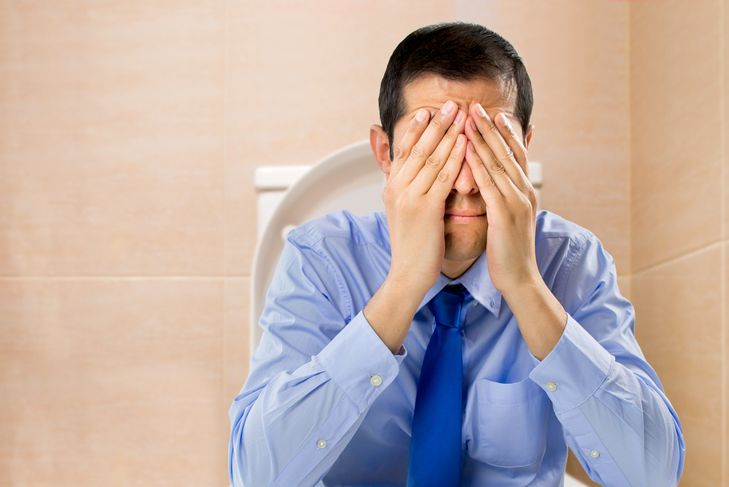A hernia is when an organ such as the intestine, small intestine or fatty tissue, can burst through a lining or connective tissue. Essentially, this is caused by a weak spot in the lining of the abdominal wall, and the organ protrudes through this, forming a small lump. This lump can get bigger as more of the organ makes its way through, and it can also become strangulated and blocked. Pressure often causes herniation, but there must be a weak spot in the first place. Weak spots are either there from birth or can be created over time through poor nutrition, obesity, and smoking.
Discomfort in the Groin
The first sign of any type of a hernia is some level of discomfort and pain. A small lump may appear under the skin, and you may feel a type of burning sensation in the area. This aching can often make you feel week and also create a heavy, dragging sensation in the groin or where the bulge is located. This is the initial symptom of the push through the abdominal wall. The pain typically intensifies when you strain to lift or push or exercise, or even when you cough, but it should subside when you lie down to rest.
A bulge on One Side of the Groin
More common in men and boys, this hernia is usually located at the side of the pubic bone, where the top of the thigh meets the lower abdomen. This is called an inguinal hernia, as it is in the groin region and the inguinal canals are located in the lower abdomen. This hernia is when part of the small intestine, or some fat, has made its way through the lower abdominal wall. This may pop in and out from time to time and can be manipulated through massage. However, if untreated, it can lead to hernia strangulation or incarceration and may need surgery and significant lifestyle changes.
Urinary Problems
In both men and women, the bladder can become trapped within a hernia. This is classified as an inguinal hernia or a femoral hernia. This may make it difficult to urinate. Signs that the bladder is trapped include urination frequency changes, a burning sensation and a feeling of hesitancy when urinating. You may also experience regular urinary infections and bladder stones. Unlike other urinary tract infections, you cannot cure these symptoms directly with medications or diet. These symptoms will only stop when a hernia is no longer a problem.
Lump or Swelling of the Scrotum
If the swelling of the intestine descends into the scrotum, it’s a scrotal hernia. When the inguinal hernia bulge descends into the scrotum, it swells and become tender and sore. Be aware if you have a small bulge under the skin, and then take note if the bulge grows in size, as it’s easier to push back into place in the early stages.
Reflux
Reflux is when stomach acid returns up the esophagus, leaving a burning sensation in the throat and a bitter taste in the mouth. This is because part of your digestive system is trapped, known as a hiatal hernia. This unpleasant reflux feeling can start in your stomach and move through to the abdomen and chest. You may also experience frequent burping, have trouble swallowing, and have a sore throat. If the discomfort and pain are at a severe level, you may have GERD, which is a chronic form of acid reflux. Diet and antacids can reduce these symptoms, but it won’t cure the root of the problem, which is a hernia.
Nausea or Vomiting
Nausea and vomiting will occur when a hernia is trapped in the intestines. Like folding a hose and stopping the water flow, this will create a backup within the tubes of the intestine and can cause a feeling of wanting to be sick and subsequently vomiting. If the intestinal tubes are only partly blocked, you may feel only nausea without the need to throw up. These feelings will be more painful than regular stomach pain as you will also feel pain in the area where the hole and the blocked intestines are.
Fever
Infection usually causes fever, and if a hernia becomes infected, it will likely cause a fever as the white blood cells try to fight it off. You’ll experience sweating and shivering along with a high temperature, and you may have a headache and muscle aches in various parts of the body. In general, you will feel weak and lethargic. It is important to keep drinking liquids to keep yourself hydrated, and you can manage the temperature with over-the-counter medication.
Sudden Intense Pain
The pain related to a hernia can vary from person to person. It also depends on where the hernia is located in the body and how large the hole in the abdominal wall is as well as how much of the other organ has pushed through. Pain felt directly at the site of the hernia is localized pain. Referred pain is when there is pain in an area a little way from the hernia bulges, due to nerve damage, pushing or pinching. The pain may become generalized in and around the bulge area if the hernia is strangulated.
Bulge Turning Red or Blue
If the skin over your hernia bulge changes color, it may be a sign of it getting worse. When the skin turns gray, red or blue, this tells us that the hernia is strangulated and swollen and needs medical attention. This is most common in the abdomen, near the navel. This an umbilical hernia (as it’s in the area of the belly button), and it’s common for people of any age, but it’s seen more in woman than men. An umbilical hernia can also happen to you if other members of your family are prone to hernia.
No Bowel Movements
Constipation means you don’t have normal bowel movements or they occur far less frequently. After three days, feces become hard and compact and are more difficult to pass. If you are going three days or more without passing any stools, it is time to see a medical professional, especially if this is paired with a swollen stomach and stomach pain, hard and small stools, and excessive straining to go to the toilet.

 Home
Home Health
Health Diet & Nutrition
Diet & Nutrition Living Well
Living Well More
More